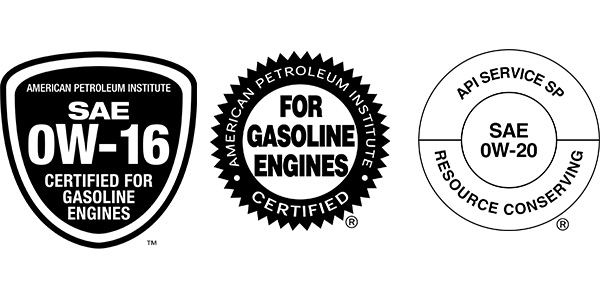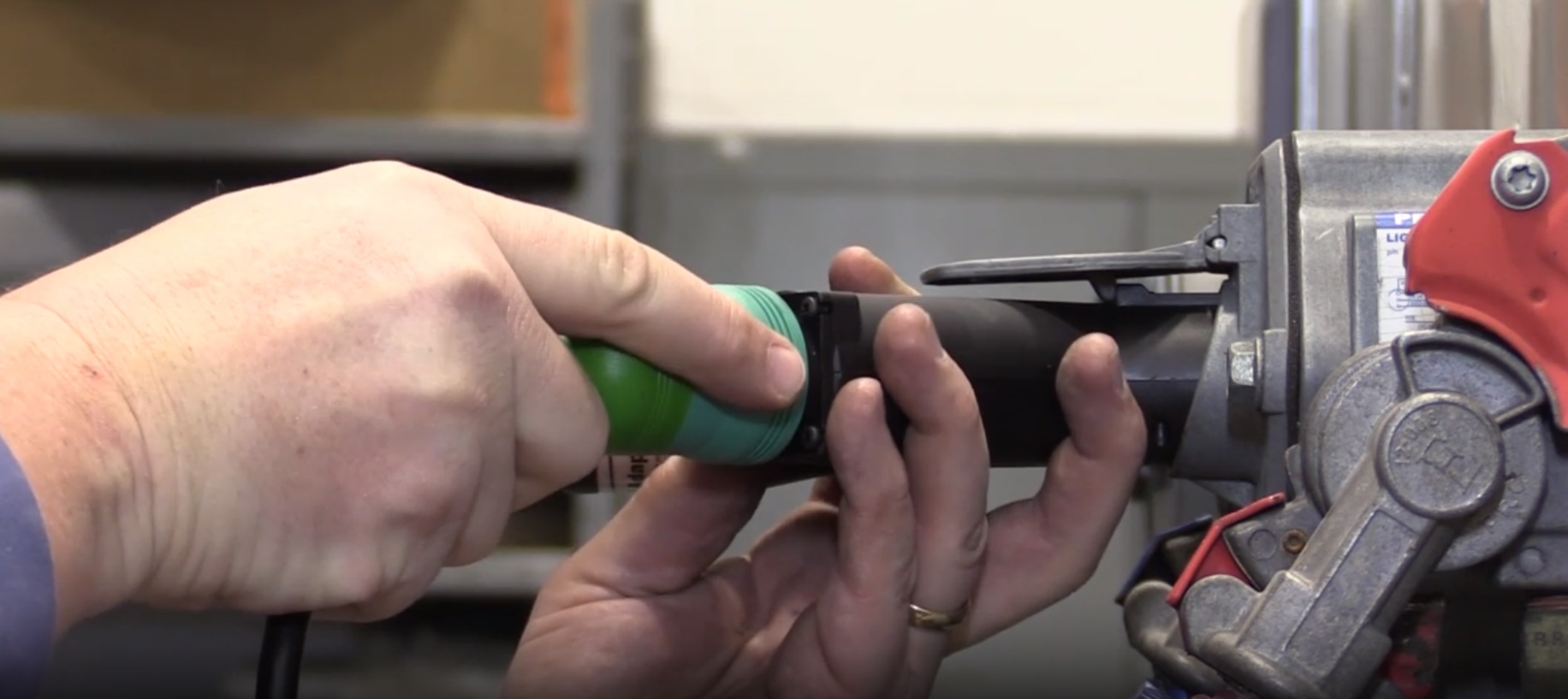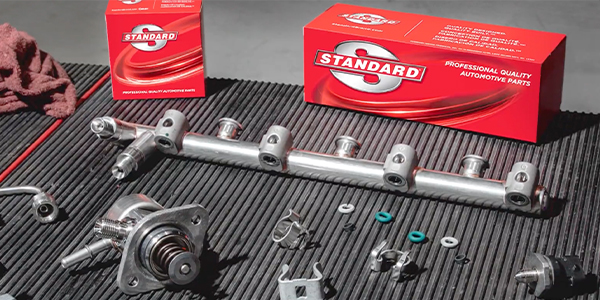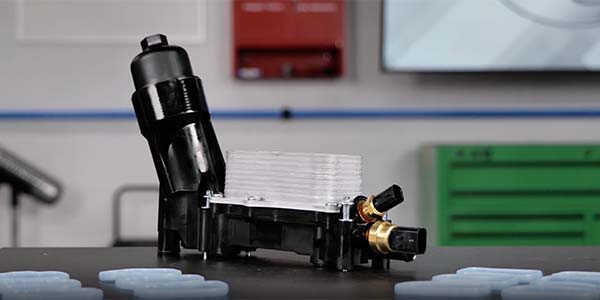By Jeffrey Harmening, manager – EOLCS/DEF/MOM, American Petroleum Institute
Modern cars, SUVs and pickup trucks offer sophisticated high-performance engines which are more efficient, with many requiring low viscosity motor oil. Specialized motor oils are carefully developed by engineers and chemists to meet the needs of vehicle manufacturers.

However, as modern engines have been designed with tighter tolerances, and many with gasoline direct injected (GDI) and turbocharged direct injected (TGDI) engines, low viscosity motor oils are required for their operation. Low viscosity oils such as 5W-20, 0W-20 and even 0W-16 can also provide a fuel economy benefit. With these advancements came a request from automakers in 2012 to develop more robust engine oils that would be capable of meeting the needs of current and future gasoline engines.
The development of what are now called ILSAC GF-6A, ILSAC GF-6B and API SP oils was completed over the course of seven years and the new oils will be licensable under API’s engine oil program beginning May 1, 2020. The new standards are the latest in a line of steadily more stringent performance specifications. The new standards will replace the existing ILSAC GF-5 and API SN standards.
GF-6A oils are backward compatible with GF-5 oils and older standards and in viscosities as low as 0W-20. GF-6B oils are backward compatible with 0W-16 oils meeting API SN performance and are intended for gasoline engines requiring 0W-16 oils. A third standard that not only includes the new ILSAC specifications, but also covers engine oils that are intended for uses not covered by the ILSAC specifications, has been approved as API Service Category SP and is backward compatible with API SN oils.
Collaboration and Consensus Required to Develop New Standards
The natural question is: Why did it take seven years to develop new standards and oils that are ready for people to use in their vehicles? That takes us back to the advancement of engine technology and the need to develop tests for modern engines to ensure that new oils meet the needs of a diverse group of engines.
Creating new motor oil standards requires collaboration and consensus between vehicle and engine manufacturers, oil marketers, additive companies and others. It is a challenging process to create engine oils that meet all the needs of different types of engines from a variety of manufacturers. Development of the engine tests required for the new standard requires a great deal of time and effort to ensure that the test is fit for purpose.
New Oils Offer Performance and Fuel Economy Improvements
The new standards specify more stringent engine oil performance requirements for spark-ignited internal combustion engines. During the process, seven new or replacement engine tests were developed, evaluated and measured for precision, and companies ran tests to demonstrate that oils can meet the more stringent requirements. The new tests include the first-ever timing chain wear test and a new test to measure fuel economy improvement provided by very low-viscosity engine oils. The standards also include a test designed to protect against a phenomenon experienced by some gasoline engines known as low speed pre-ignition (LSPI).
Working with the auto industry, oil marketers, additive companies and others, API developed these new performance standards to meet the needs of people who use their vehicles every day for work and leisure activities. The oil marketers are currently working toward bringing oils that meet the new standards to market by May 1, 2020.



